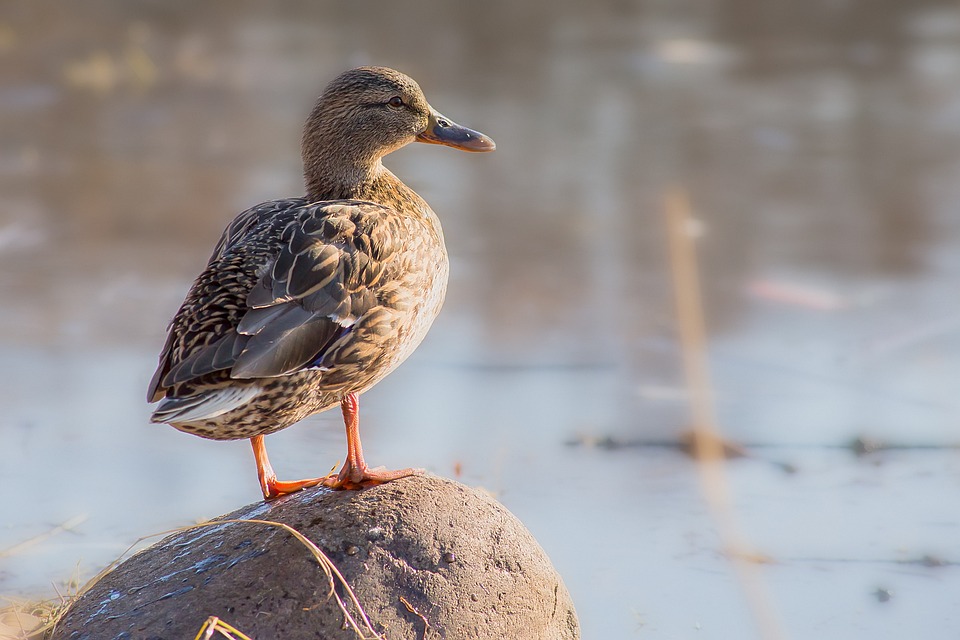Maintaining optimal fish health goes beyond providing a suitable habitat; proper feeding practices play a crucial role in preventing water quality issues. Overfeeding fish not only leads to poor health but also impacts the overall water quality of the aquarium or pond. This article will guide you on how to avoid overfeeding, ensuring a well-balanced diet for your fish while preventing water quality issues.
Why is overfeeding harmful to fish and water quality?
Overfeeding fish can have detrimental effects on both the fish and the aquatic environment. Understanding the reasons behind this harm will help you make informed decisions when it comes to feeding your finned friends.
1. Disturbance of the Nitrogen Cycle:
Overfeeding results in excessive waste production, leading to an increase in ammonia levels in the water. Ammonia is toxic to fish and can cause stress, respiratory problems, and even death. It also disrupts the natural nitrogen cycle, hindering the conversion of ammonia to less harmful substances.
2. Poor Water Quality:
Excess food that is left uneaten sinks to the bottom of the tank or pond, decomposing over time. This decomposition process consumes oxygen, leading to decreased oxygen levels in the water. Insufficient oxygen can harm fish, causing suffocation and even death. Additionally, decomposing food releases harmful compounds into the water, such as nitrites and nitrates, which further deteriorate water quality.
How to avoid overfeeding fish:
Preventing overfeeding is crucial for maintaining optimal fish health and promoting a clean aquatic environment. Here are some tips to help you avoid overfeeding:
1. Understand Your Fish’s Dietary Needs:
Different fish species have varying dietary requirements. Research the specific nutritional needs of your fish to ensure you provide them with a balanced diet. Consult a fish expert or veterinarian if needed.
2. Feed Small, Frequent Meals:
Divide your fish’s daily feeding portion into smaller meals throughout the day. This approach ensures that the fish can consume their food entirely without leaving any excess behind.
3. Observe the “Two-Minute Rule”:
Feed your fish only the amount they can consume within two minutes. If there is uneaten food after this time, remove it promptly to prevent water quality issues.
4. Be Mindful of Fish Size:
Consider the size of your fish when determining the appropriate portion size. Smaller fish require smaller food quantities compared to larger ones. Adjust the feeding amounts accordingly.
5. Use Feeding Tools:
Utilize feeding tools such as automatic feeders or feeding rings to control the dispersion of food. These tools help prevent excessive food scattering and ensure that the fish consume the provided food before it sinks or decomposes.
FAQs:
Here are some frequently asked questions regarding overfeeding fish and water quality concerns:
Q1: Can overfeeding fish cause swim bladder issues?
A1: Yes, overfeeding can lead to swim bladder issues in fish. The excess food can cause their swim bladder to become compressed or blocked, affecting their buoyancy control.
Q2: How often should I feed my fish?
A2: The frequency of feeding depends on the fish species. Most fish are fed once or twice a day, while some may require more frequent meals. Ensure you research the specific dietary needs of your fish to determine the optimal feeding schedule.
Q3: What are the signs of overfeeding in fish?
A3: Signs of overfeeding include uneaten food accumulating at the bottom of the tank, cloudy or foul-smelling water, an increase in algae growth, fish becoming lethargic, or a decrease in water quality parameters such as increased ammonia or nitrate levels.
Conclusion:
Proper feeding practices are vital for maintaining fish health and preventing water quality issues. By understanding the negative impacts of overfeeding and implementing the suggested tips, you can provide your fish with a balanced diet while keeping their environment clean and healthy. Remember, a well-fed and well-maintained aquarium or pond leads to happy and thriving fish!









